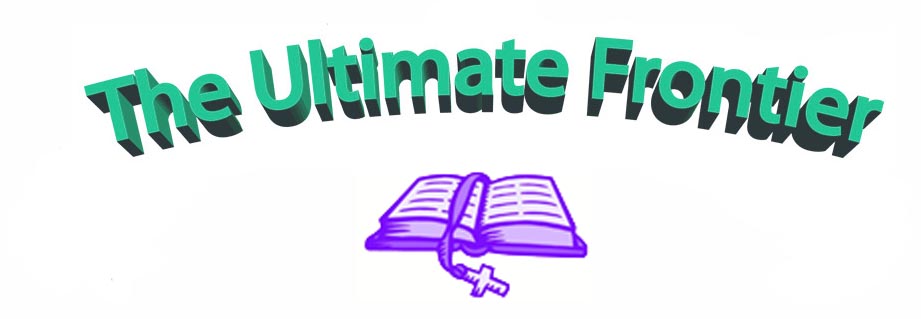|
|
||
|
|
Bankers:
Civil War Era RK: And, in order to, let us say—bankers
were really pretty crooked. Not
that they have changed that much. I am talking about the big bankers,
not your average guy, who you know, makes out your
loan or whatever, but the international bankers. They have found all kinds of
ways to rob nations of their substance and accumulate it for themselves. Of
course, then they could buy almost anything, including the nations as time
went by. They sought to have some kind of respectability because they were
not very much respected—moneychangers and goldsmiths
and whatever did not have a good reputation as far as most people were
concerned. CJ: From
the scripture on forward, yeah. RK: Yes. Well, the usury that they charged crippled most
anybody who will fell into their clutches, including nations. Kings would
borrow large amounts of money and, in many cases, would borrow credit and
then have to pay back in gold and bankrupt their own nations. But at any rate, they always looking for respectability
and, functioning through the king, they were given titles. They didn’t give
them big titles or anything like that unless they were able to buy them later
on, but they called them Esquire, and the International Bar Association— The Causes
of the S&L Failures JUNIOR: How much of the banking crisis that we have
had, and believe me it is a lot more, in my opinion, that what has actually
been expounded on, to the extent that we have lost thousands of local banks,
state, national banks, little banks, that have now become the property of
about six major money interests in this country. How much of that actually
happened because of economic conditions and how much of it was
artificially created and the same for the S&L?
I will stand by to listen for his answer. CHARLIE: Junior, thank you. RICHARD: When the S&Ls were allowed to enter many of the same areas that the
commercial banks were dealing with, almost exclusively, for many years, the S&Ls really did not know how to handle that. They ??? the wrong way. One of
the problems was that the S&Ls were in
competition with the major banks and the major banks wanted to have control
of the deposits that were coming in and I think that is why Congress allowed
the S&Ls to get in over their head. Because
that is exactly what would happen and that is what did happen. CHARLIE: So, the St. Germaine act, back in the early
‘80s arranged a situation where the S&L’s could
do things in a way that they had been prohibited from doing them before? RICHARD: Right. CHARLIE: And got in over their heads? RICHARD: Right. Almost immediately because
they knew the pressures—how they were using their deposits and to make more
money—in many cases—just for example, for instance. The S&Ls
would take in money from their depositors and the object of it was to provide
housing for local areas. In other words, your neighbors were actually
providing the funds by which you could borrow money and have a home. That was
the whole object of it in the first place. The local banks, say for
instance—not banks, the S&Ls, in CHARLIE: What they could not do locally they did long
distance in other areas? RICHARD: Right. And that meant that—let us
say, for instance, in CHARLIE: So, basically
taking the deposits that had been accrued by the people locally and using
those accrued monies to produce interest bearing functions at far, remote
locations they were short-changing the communities that made the S&Ls strong. Doing so was immoral. And,
in so doing, it weakened the economic system immeasurably? RICHARD: Well, it certainly weakened certain parts of
the economy—the people who would be constructing those homes in states who
had usury limits that were much lower than some of the
other states, obviously, their economies were suffering because their
construction was way down. Construction was high here in CHARLIE: If you pump enough billions in that two
percent is significant? RICHARD: Right. And the commercial banks
saw this huge flow of money and they wanted parts of it too but they could
not loan money through for long-range projects like that that the S&Ls were permitted to do. So,
it was a kind of jealousy that was involved. The S&Ls
thought this was the best thing that could happen to them and they just
hog-wild and started, you know—they would take on just about any project and
even started going into things like oil and what have you.
So, that is what happened there. But, I think the
big bankers—the cool cats who watch from a distance—knew what was going to
happen—they could predict it just from the trends that were already happening
and they were just going to take over all of the stuff for themselves as time
went by. And that was another thing too, in CHARLIE: That is what Junior in RICHARD: Right. And that was punishment.
This has not been talked about much but it is a
fact. The fact that we were being given fiat money over and over again by the
Federal Reserve System caused many people to say, “This is going to lead
(people who were in the know, let us say) this is going to lead to the
destruction of our country and we need to save some parts of it. And in the State of |
|
|
|
|
|
